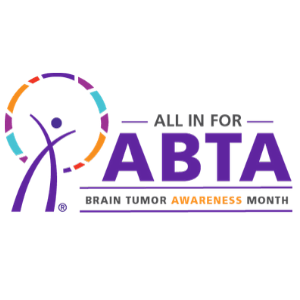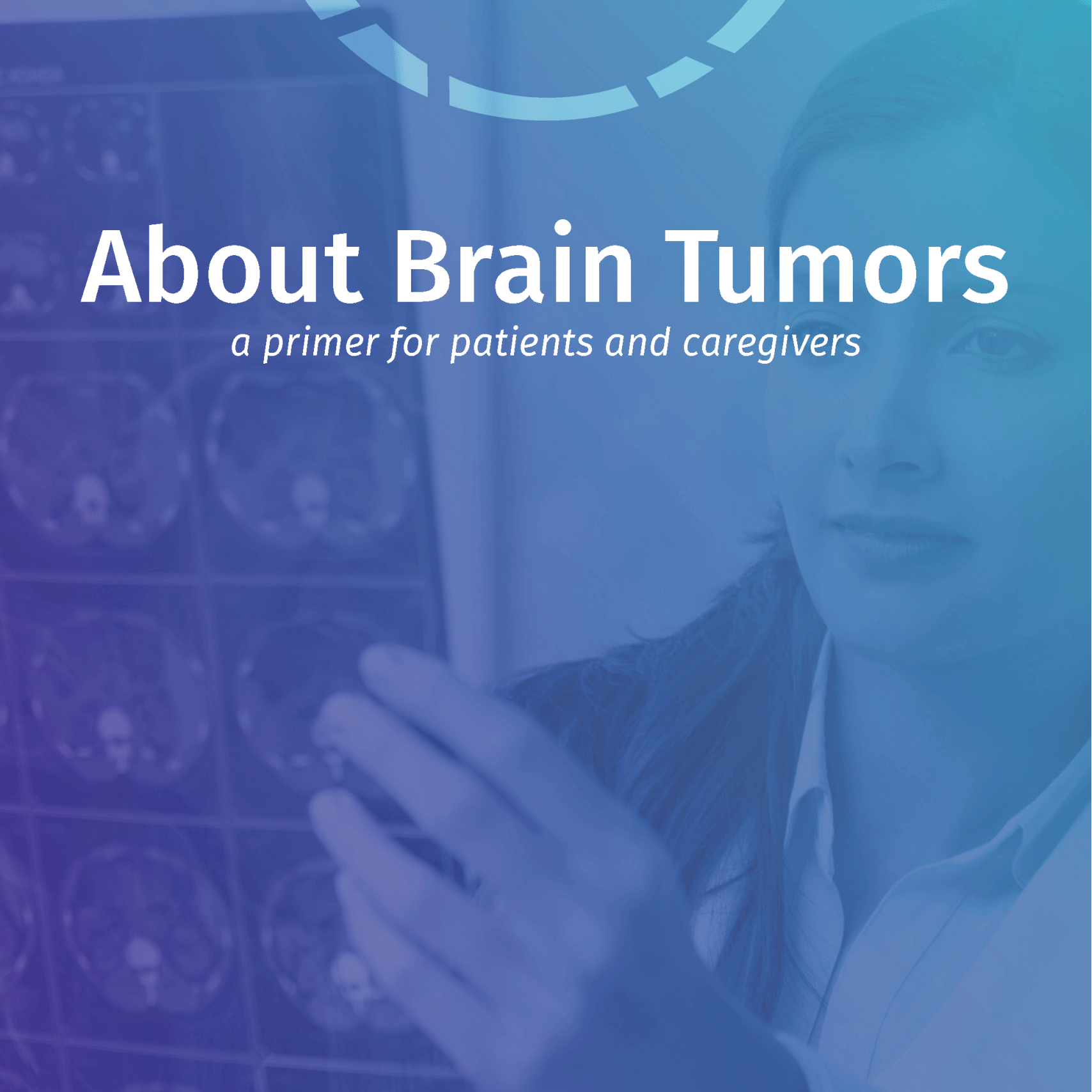Mr. B., an ABTA Connections member, put it best about caregivers on his recent post “Respite for My Caregiver:”
My wife of 42 years has been my primary caregiver for [the] entire time.
Being a primary caregiver for a brain tumor patient is a very challenging task. It can be different each day, week, or month… Last fall she clearly needed a break from me and my constant care. I moved into a local assisted [living] facility for [three] weeks. They took good care of me and my wife took a trip out of town with family that helped her recharge.
Helping our caregivers thrive and cope is a key responsibility of a brain tumor patient.
I hope that I have inspired others to actively find respite for your fabulous caregivers.
All the best,
Mr. B
Suburban Baltimore, MD
Shifting Caregiver Roles
It’s unequivocal – a brain tumor diagnosis changes a patient’s life forever, including the lives of family members who become caregivers.
For a caregiver of a brain tumor patient, this role is multifaceted and constantly evolving. Their role often falls into two areas, according to Amy Clara, PsyD of the Massachusetts General Hospital’s Cancer Center and presenter of the ABTA webinar “Navigating Your Role as a Brain Tumor Caregiver.”
Taking Action:
- Seeking information such as researching treatment options or clinical trials
- Organization needs such as a filing paperwork, scheduling medical appointments and much, much more!
Emotional Support: including but not limited to non-judgmental listening, reassurance, and more.
The caregiver role may be thrust upon someone suddenly when the patient is newly diagnosed with a brain tumor. Or, in the case of a recurrence, the role requires flexibility and readjustment to meet the needs of the patient. A caregiver may be navigating an array of responsibilities, all while dealing with their own sense of uncertainty and fears.
According to well-documented studies, caregivers’ quality of life is significantly diminished when caring for someone with a serious medical condition. Caregivers consistently experience significant impacts including emotional, physical and financial burdens. Caregivers often experience high levels of stress, anxiety, depression, along with increased risk for chronic medical conditions and fatigue. Financial strain is also common, especially when caregivers need to reduce working hours or quit their jobs to provide care.
Palliative Care – It’s not what you think
That’s where palliative care may offer some respite and support for patients and families who have been diagnosed with a brain tumor. One misconception is palliative care is hospice care. It is not. It may share common medical care goals, but palliative care is often available and can be utilized at the beginning of a diagnosis or anytime along the care spectrum, according to Tom Grothe, NP at Mettle Health and co-presenter of the ABTA Webinar, “Palliative Care for Brain Tumors: Enhancing Quality of Life.”
ABTA webinar co-presenter Bridget Sumser, LCSW of Mettle Health describes palliative care as focused on providing relief from symptoms and stress of the illness. The goal is to improve quality of life for both the patient and family or caregiver. Palliative care may be utilized at any point along the spectrum of care.
Palliative care may be of significant value to caregivers as it is a consultative service that involves a team of experts comprising a physician, nurse, social worker and/or spiritual representative. The palliative care team shares information and connects patients and families to support services; listens to patients and families about their wishes and medical care goals and present options that may fit those goals.
To learn more about palliative care, view the ABTA webinar, “Palliative Care for Brain Tumors: Enhancing Quality of Life.”
Recognizing the Importance of Caregivers and Palliative Care
The month of November recognizes both National Hospice and Palliative Care Month and National Family Caregivers Month. Is that coincidence or by design? In the context of individuals and families experiencing a brain tumor diagnosis, caregivers may find palliative care an invaluable resource that offers additional support available at hospitals, medical institutions and treatment centers.
Caregiving and Palliative Care Resources
ABTA Caregiver Handbook

Navigating Your Role as a Brain Tumor Caregiver
ABTA Webinar
Thriving with a Brain Tumor: Nurturing Caregivers’ Well-Being
ABTA National Conference 2024
Empowering Caregivers Playlist
ABTA Patient & Family Meetings
Caregiver Videos
ABTA YouTube
Caregiver Mentorship Program for Social & Emotional Support
https://www.abta.org/about-brain-tumors/social-emotional-support/
Palliative Care for Brain Tumors: Enhancing Quality of Life
ABTA Webinar
Advance Care Planning
ABTA Webinar































